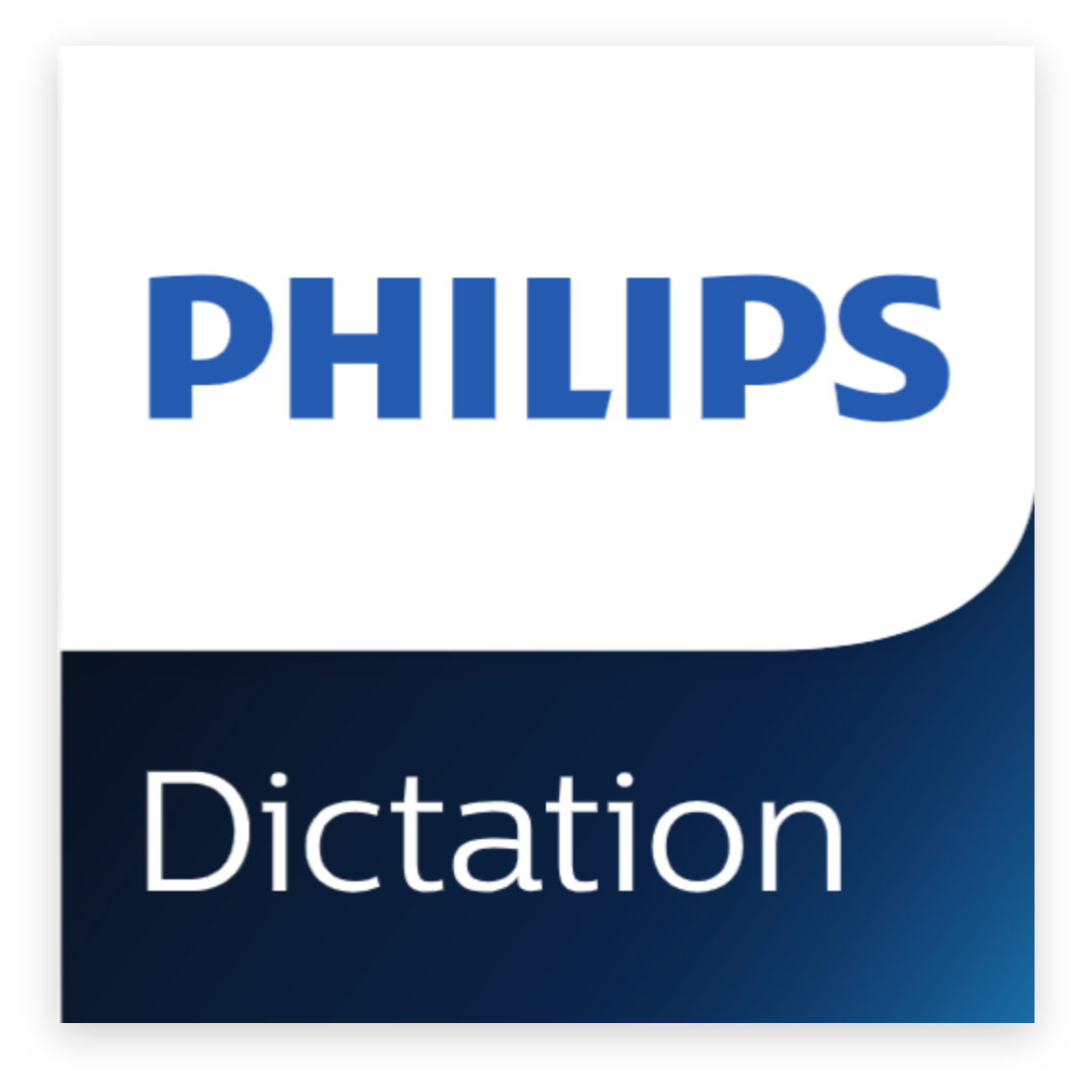Modernizing work-life for legal professionals is a high priority as the needs of law firms, their clients, and their employees have changed in the post-pandemic era. For example, remote and hybrid work arrangements are cementing as a business priority, and virtual collaboration is now much more common. This enables teams in large firms to not only optimize working together internally but to serve clients across a wider base and grow their market reach. Similarly, flexible schedules that challenge the concept of the “workday” or “work-week” have naturally evolved from flexible work locations that challenge the traditional concept of the “office.”
Modernizing work-life for legal professionals is a high priority as the needs of law firms, their clients, and their employees have changed in the post-pandemic era. For example, remote and hybrid work arrangements are cementing as a business priority, and virtual collaboration is now much more common. This enables teams in large firms to not only optimize working together internally but to serve clients across a wider base and grow their market reach. Similarly, flexible schedules that challenge the concept of the “workday” or “work-week” have naturally evolved from flexible work locations that challenge the traditional concept of the “office.”
One driver of this modernization is the growth of cloud computing. While it has been gaining momentum across every sector of business in recent years, the legal industry is one arena where adoption has met some resistance. In fact, a recent viral video (“I’m here, Judge - I’m Not a Cat”) illustrates how legal professionals have navigated the sometimes-awkward, sometimes-hilarious adjustment to digital, remote-first work environments.
Luckily, there’s a change in the wind!
This recent article in the ABA Journal, for example, highlights the momentum of cloud adoption in the legal field, based on a survey of 2,000 legal professionals. Firms using cloud computing software increased from 76% before the global COVID-19 pandemic to 88% at the time of the survey less than two years later. Not quite Cloud 9 yet, but we’re getting there.
While there are several contributing factors, this trend is largely due to the increase in the use of remote working software, which of course, by its very nature is cloud-based. The survey underscores similar findings published in ILTA Peer-to-Peer, which reports “significant moves” toward cloud adoption in the last two years. As firms look to evolve their operations, modern cloud architecture not only enables efficiency and improved productivity but superior security and data loss prevention.
Some firms have been hesitant to take the leap into the cloud, with privacy and security concerns among the top reasons for this reticence. But cloud adoption doesn’t have to be disruptive or risky. Stepping into the cloud can be done with a gradual, phased approach – and those firms that want to stay competitive will want to leverage the future-ready capabilities the cloud offers, including that of the Philips SpeechLive workflow solution.
Cloud computing is one of the most widely impactful and transformative of these recent trends in the commercial realm, and the time is ripe for law firms to take advantage of its potential to achieve next-level business goals.
Whether a public or private cloud option is best depends on the individual needs of every firm, but in either case, there are ways to make the transition to the cloud easy, simple, and smooth. Download the full E-Book below and discover the benefits of cloud dictation software.
The verdict on cloud for the legal space? A win-win | Philips
